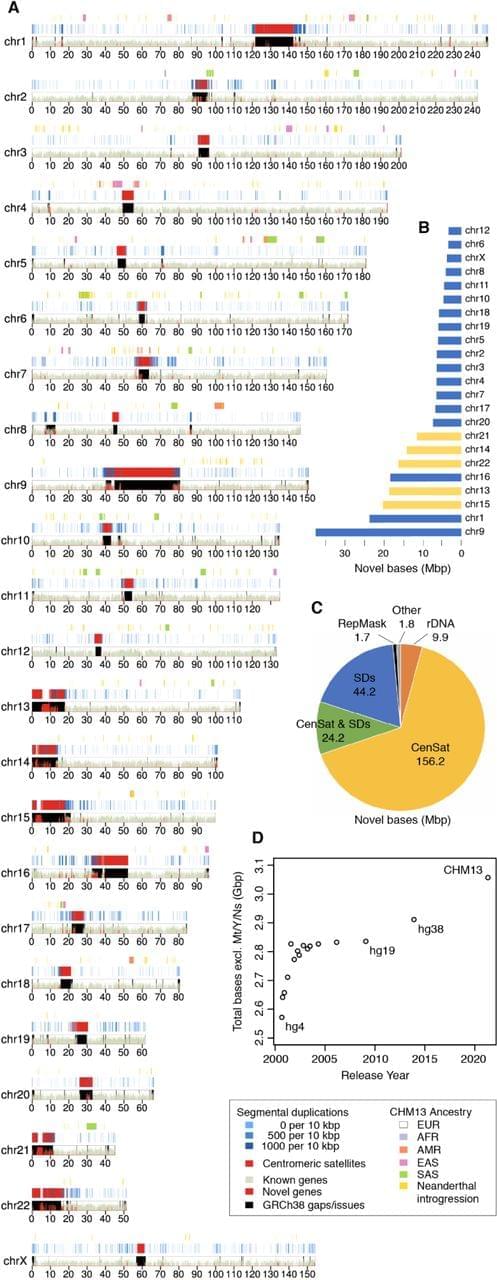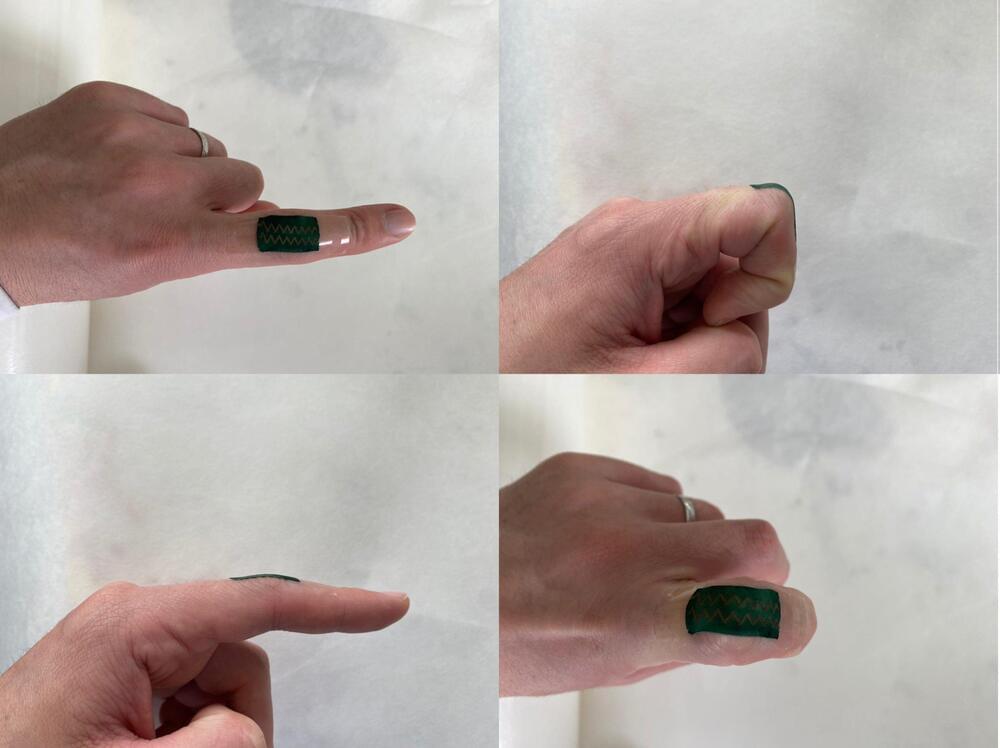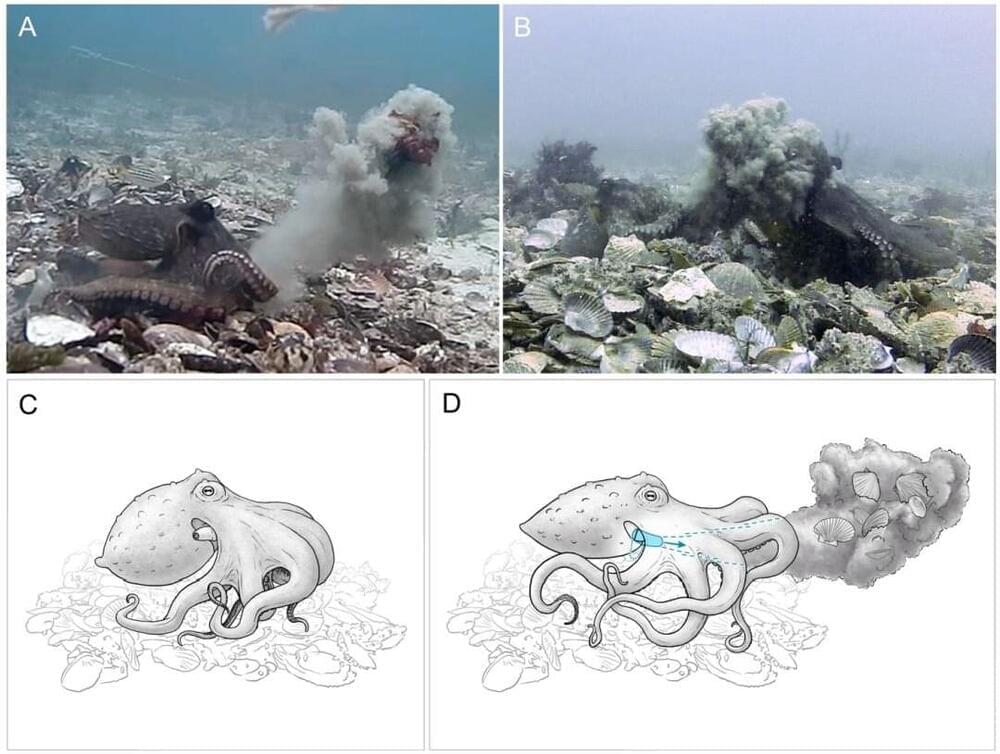In 2,001 Celera Genomics and the International Human Genome Sequencing Consortium published their initial drafts of the human genome, which revolutionized the field of genomics. While these drafts and the updates that followed effectively covered the euchromatic fraction of the genome, the heterochromatin and many other complex regions were left unfinished or erroneous. Addressing this remaining 8% of the genome, the Telomere-to-Telomere (T2T) Consortium has finished the first truly complete 3.055 billion base pair (bp) sequence of a human genome, representing the largest improvement to the human reference genome since its initial release. The new T2T-CHM13 reference includes gapless assemblies for all 22 autosomes plus Chromosome X, corrects numerous errors, and introduces nearly 200 million bp of novel sequence containing 2,226 paralogous gene copies, 115 of which are predicted to be protein coding. The newly completed regions include all centromeric satellite arrays and the short arms of all five acrocentric chromosomes, unlocking these complex regions of the genome to variational and functional studies for the first time.
The latest major update to the human reference genome was released by the Genome Reference Consortium (GRC) in2013and most recently patched in2019(GRCh38.p13). This assembly traces its origin to the publicly funded Human Genome Project and has been continually improved over the past two decades. Unlike the competing Celera assembly , and most modern genome projects that are also based on shotgun sequence assembly , the GRC human reference assembly is primarily based on Sanger sequencing data derived from bacterial artificial chromosome (BAC) clones that were ordered and oriented along the genome via radiation hybrid, genetic linkage, and fingerprint maps. This laborious approach resulted in what remains one of the most continuous and accurate reference genomes today. However, reliance on these technologies limited the assembly to only the euchromatic regions of the genome that could be reliably cloned into BACs, mapped, and assembled.








